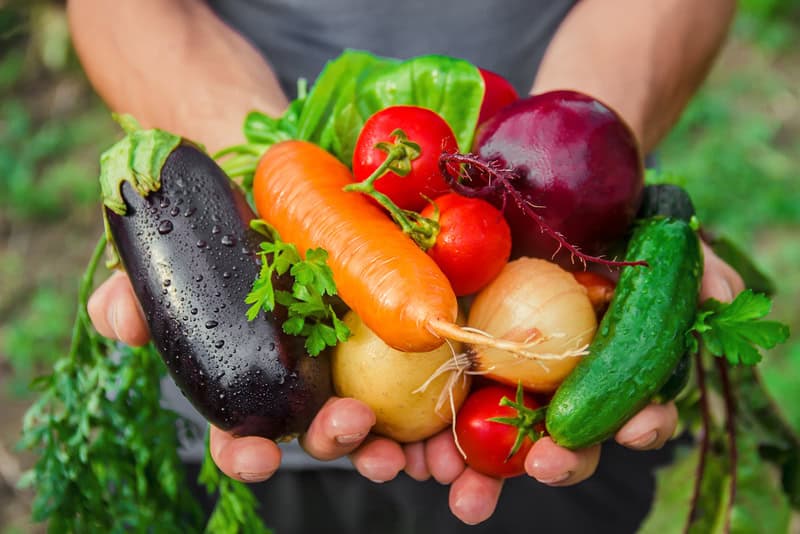Tips for Growing an Organic Garden at Home

This post may contain affiliate links. For more information, please see our disclosure policy.
Starting an organic garden at home is one of the most rewarding ways to enjoy fresh produce while making a positive impact on the environment. Whether you’re planning to grow juicy tomatoes, crisp lettuce, or vibrant flowers, organic gardening offers countless benefits. If you’re not sure where to begin, these practical tips for growing an organic garden at home will help you get started.
Choose the Right Location
The first step to growing an organic garden starts with choosing the perfect location. Look for a spot that receives at least six hours of sunlight daily. Most fruits and vegetables grow best under direct sunlight, so find a sunny area to maximize your garden’s potential. You should also consider convenience. Keeping your garden close to a water source or near your kitchen can make it easier to tend to your plants.
Test and Amend Your Soil
Healthy soil plays a significant role in organic gardening. Test your soil’s pH and nutrient levels using a simple home kit or by sending samples to local agricultural extensions. This will help you identify deficiencies and improve your soil’s quality. Add organic compost, well-rotted manure, or other natural amendments to enrich the soil. These additions will promote healthy plant growth and produce nutrient-rich vegetables.
Select Organic Seeds and Seedlings
The quality of your seeds or seedlings makes all the difference in the success of your organic garden. Choose certified organic seeds or seedlings that have not been treated with synthetic chemicals. Heirloom varieties are an excellent option, as they’re naturally resilient and deliver robust flavors. One of the best tips for growing an organic garden at home is to begin with seeds or plants that align with your region’s growing conditions, as they’re the most likely to yield great results.
Water Wisely
Watering your garden is essential, but overwatering can harm your plants and cause root rot or fungal issues. Focus on deep, infrequent watering to encourage roots to grow deeper into the soil. Early morning is the ideal time to water, as it allows plants to absorb moisture before the heat of the day hits. Always aim to water the base of the plants instead of soaking the leaves, as this minimizes the risk of disease.
Practice Natural Pest Control
Maintaining an organic garden means staying away from synthetic pesticides. Instead, opt for natural solutions when dealing with pests. Introduce beneficial insects such as ladybugs or lacewings to keep harmful pests under control. Additionally, companion planting helps repel unwanted insects. For example, you can plant basil near tomatoes to deter aphids. Regularly inspect your plants, pick off pests by hand, and use non-toxic sprays if necessary.
Harvest Regularly
Harvesting your fruits and vegetables on time keeps the plants productive and healthy. Allowing produce to become overripe can stress plants and slow their growth. The more frequently you harvest, the more your plants will yield. Regular harvesting also reduces the chances of attracting pests or diseases.
Following these simple practices will help you create a productive and sustainable garden. Start small, stay consistent, and watch how your efforts pay off. If you’re ready to take your gardening game to the next level, explore organic gardening tools and resources to make your gardening experience even more enjoyable.






